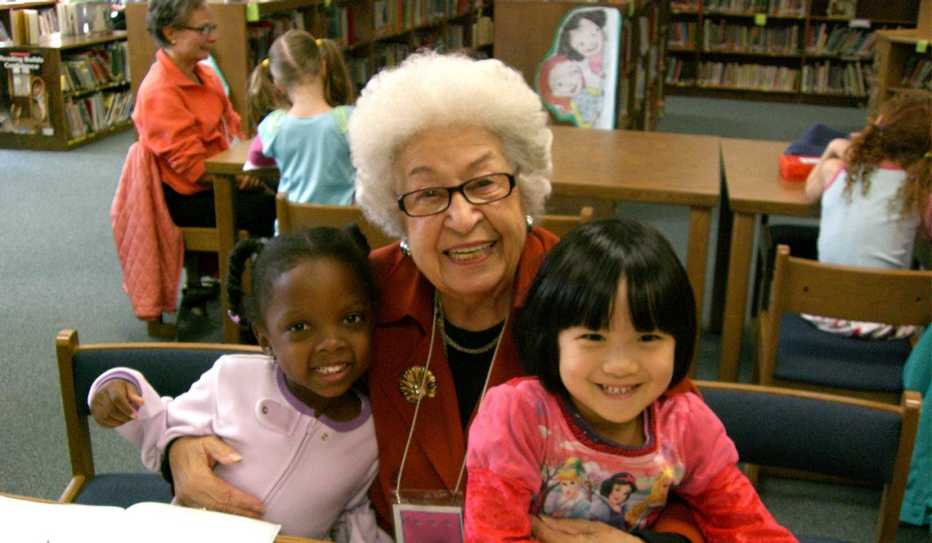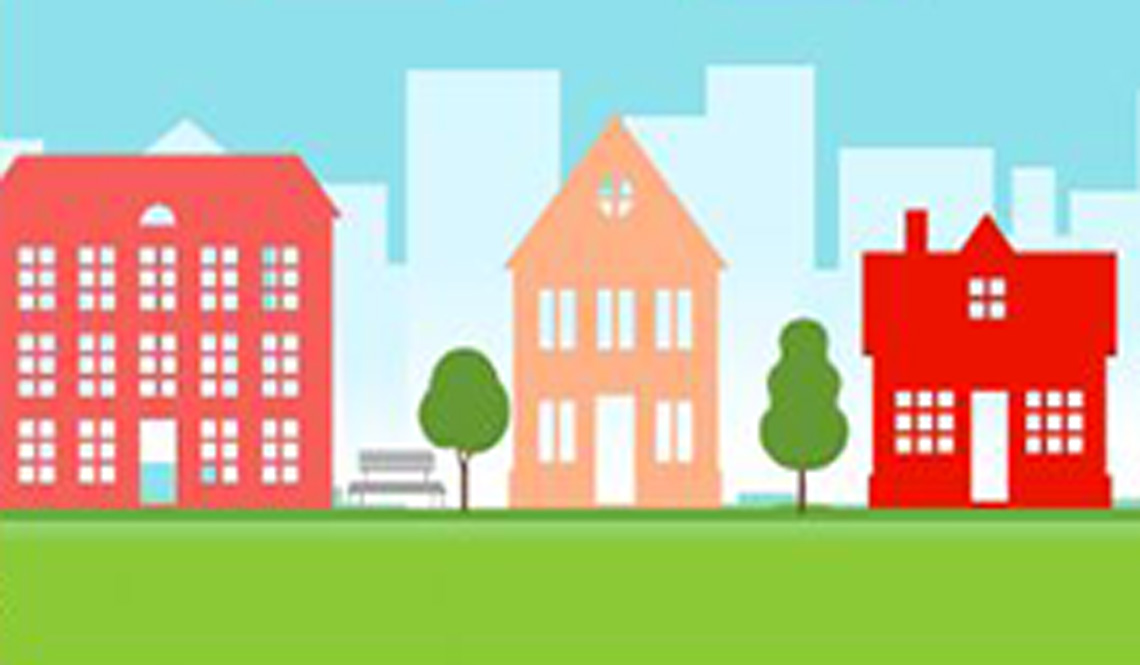AARP Hearing Center


A partnership of Princeton Public Schools and the Princeton Senior Resource Center, the GrandPals intergenerational education program connects local kindergarteners and first- and second-graders with grandparent-esque volunteers (ranging in age from their late 40s to mid 90s) who commit to visiting the school once a week to read and talk to the children.
"As I entered the first-grade class, my two darling GrandPals, Andre and Jon, came running over to me. One hugged my legs so tightly it was hard to walk, while the other piped up, 'This is my favorite part of my favorite day!'"
— A note from a volunteer about reuniting with her GrandPals after a brief absence
The program grew out of a reading experiment at one school in 1997. With the stated goals "to foster positive intergenerational relationships and to create a lifelong love of reading and learning in our young children," GrandPals now pairs about 110 volunteers with more than 250 children at four schools. The bonds between the student and grown-up GrandPals (the term is used to describe both the kids and the adults) are formed quickly.
In 30- to 40-minute sessions at each school’s library, GrandPals usually meet with the same children for the entire school year. However, says GrandPals director Olivian Boon: "We often get new students in the middle of the year, most of whom do not speak English. We try to match them with someone who speaks their language, who can ease them into the stories. We've been able to provide GrandPals who speak Greek, Mandarin, French, German and Spanish, among other languages."
Teachers find that the intergenerational program helps young children focus and encourages shy youngsters to become more social. The GrandPal get-togethers also provide the small students with some quiet time during their busy school day.
Because the teachers work with many of the same GrandPals from year to year, they know which GrandPal they can assign to the reserved child, to the overly active youngster, to the student who needs special encouragement and to the child who simply needs a good, friendly listener.
Princeton is a member of the AARP Network of Age-Friendly Communities
This article is adapted from the "Work, Volunteerism and Opportunity" chapter of the AARP book Where We Live: Communities for All Ages — 100+ Inspiring Ideas From America’s Community Leaders.
Page published February 2018



































































